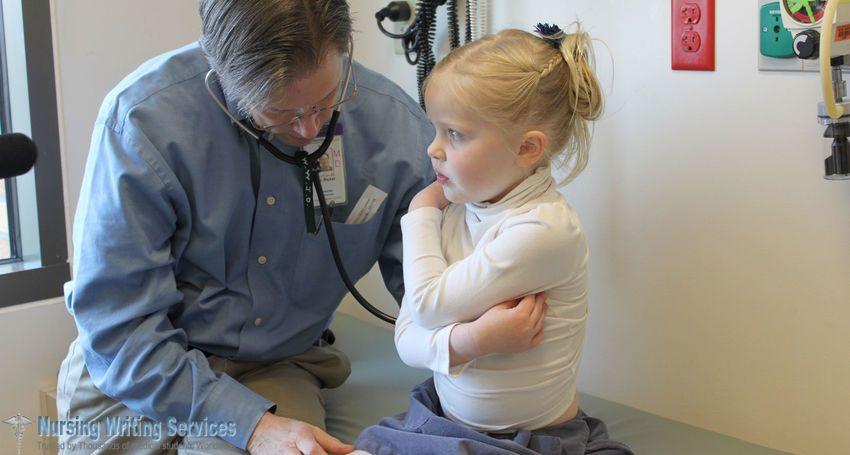
What is the possibility of finding a cure for cystic fibrosis?
Cystic fibrosis (CF) is an inherited disease that reduces the ability of the secretory glands. Secretory glands control production of mucus and sweat but CF causes a buildup up of these secretions in the lungs. They block the airways and create a fertile ground for bacteria to grow. The condition causes severe and recurrent lung infections.
Additionally, CF also affects other vital body organs such as the pancreas and the liver. It might also affect the sinuses, intestines and reproductive organs. Cystic fibrosis is a complex disease to understand because it is an inherited condition that cans a make a child to carry the gene but may have or contract this disorder. Scientists are yet to find a cure and the available solutions are for managing the infection. However, these studies provide hope of finding a cure for cystic fibrosis.
Gene therapy
Research on gene therapy viability to treat lung diseases that occur due to CF shows two virus-based vectors can restore working of the cystic fibrosis transmembrane conductance regulator (CFTR) protein that is faulty in cystic fibrosis patients. Researchers working on CF pigs showed that gene replacement normalizes important aspects of lung biology and improves ability by airway secretions to kill bacteria.Their report is compelling proof of the idea that gene therapy can sort our CF because the researchers got their findings by testing on animal models that develop lung disease like human beings.
A defective gene in CF carries a code for CFTR protein regulating the movement of salt and water in and out of cells. An alteration of this protein is the cause of thick and sticky mucus that characterize the presence of CF.
Gene therapy is a replacement of a defective gene with one that is normal to allow it to play its natural value. The challenge of gene therapy is the limitations of replacing the defective gene. It is a long process the human body has 22 pairs of autosomal chromosomes, and CF is only in chromosome 7. It requires the use of vectors (gene delivery vehicles) that contain corrected gene. Replacing the defective gene in a cell is also not enough because CF affects many cells thus requires many vectors to get them to appropriate places.
Thymosin alpha 1(Tα1)
Tα1 is a synthetic version of the natural polypeptide that was isolated from thymus tissue which has a role in immunity. Tα1 corrects inflammation and also corrects genetic defects. Tα1 has a double benefit to CF patients. It reduces inflammation that CF causes improve activity, stability and maturity of CFTR.
Cystic fibrosis occurs due to a mutation in the genetic code of CFTR protein that regulates the activity of the chloride channel that balances water and salt in the lungs. The name of this mutation in CF is p.Phe508del and it reduces chloride permeability that might cause lung inflammation. Researchers on CF treatment found that complex pathogen mechanisms that cause it to require a therapeutic approach that will combine several drugs. There is no single drug to deal with multiple effects, but a study report on Tα1 shows it can correct defects of cells in human patients with p.Phe508del mutation.
The current study on Tα1 shows that it reduces inflammation and immune tolerance in vitro and cystic fibrosis mouse model. It also improves the stability of mutant CFTR. Further studies also show that Tα1 can rescue CFTR protein and rescue p.Phe508del-CFTR in human bronchial epithelial (HBE) cells and mice in the study. Intravenousadministration of Tα1corrects misfolded protein that occurs because of this mutation inhibiting cell ability to regulate the chlorine ions.
The researchers note that corrector activity of Tα1 is yet to get verification in human studies, but it might soon get approval for clinical trials because of cost efficiency and safety profile of Zadaxin in both adults and children. The studies will help to determine the possible pulmonary and extrapulmonary benefits in people with cystic fibrosis.
These treatments are not a real cure but are significant steps towards treatment for patients with cystic fibrosis to allow them to experience a disease-free life.

